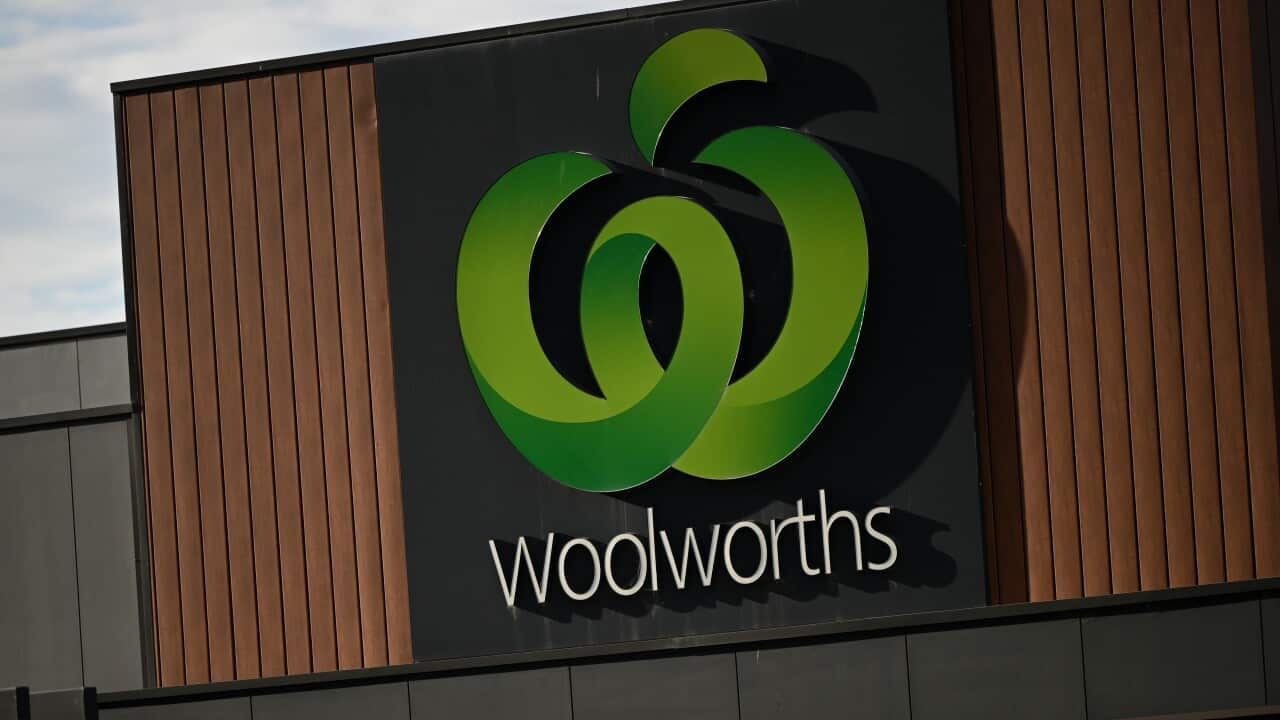TRANSCRIPT
A new report has found Australia's largest 500 corporations made billions of dollars in additional crisis profits between 2021 and 2023.
The report from Oxfam Australia suggests those companies made $98 billion off the back of the COVID-19 pandemic and Russia's invasion of Ukraine.
Oxfam Australia Chief Executive Officer Lyn Morgain explains what a crisis profit means.
"Everybody expects corporations to make money. That's what they're there to do. What governments and markets all around the world have seen though, is that sometimes as a consequence of circumstances that have absolutely nothing to do with the corporations themselves, they achieve what are called in economic terms, unearned profit. So that is extra benefit that comes as a result of, for example, the spike in prices in Ukraine and so on, and far exceeds what would be considered the normal and reasonable profit range for a corporation."
Ms Morgain says the profits amount to $134 million extra per day for 2 years, and define a period of profit making by big corporations at a time of global turmoil and a cost of living crisis.
The report has identified the mining, banking, and supermarket sectors as recording some of the biggest gains between 2021 and 2023.
BHP recorded the largest crisis profits, raking in $37.6 billion as mineral prices surged around the world after Russia’s invasion on Ukraine.
Ms Morgain says those profits should be used to benefit the economy and the Australian public, not just the company.
"There are finite resources within economies and when they're allowed to amass amongst the top end. So a very small number of corporations and individuals, and this is very much a feature of what we call market concentration. When there are very few corporations, they gain a very significant benefit of these changes in world conditions. So essentially, we're saying that it's necessary for the good of the community, that governments have access to those resources and are able to use them effectively."
A separate public poll recently commissioned by Oxfam found 76 per cent of people are concerned about the growing gap in wealth and income between most Australians and the very rich.
It also suggests 80 per cent of people believe it's unfair to allow tax loopholes for big corporations.
Oxfam Australia is calling for a crisis profits tax to discourage price gouging and address growing inequality.
Ms Morgain says it would be a tax applied to profits corporations have made over and above a 20 per cent increase.
"We're saying there's a certain point at which it is clear that this money was not earned as a consequence of the corporation's effort or productivity. It was earned as a consequence of external crises, like a war or a pandemic. And in those cases, this tax will kick in and we're recommending anywhere between 50 and 90 per cent should come back into the public."
Associate Professor of Taxation Law at the University of New South Wales, Dale Boccabella, explains how large corporations are currently being taxed when they make windfall profits.
"The idea of having an excess profits tax or a windfall profits tax or a crisis tax, we don't really have that under our income tax system in Australia. We don't have it. So what that effectively means is these windfall profits or are basically tax that the normal rules and the normal rules for a company is it's basically 30 per cent tax. The design of this has got to be handled very carefully. If you're going to do an excess profit tax, it's got to be designed carefully. Just like our income tax rules, our capital gains tax rules, it's got to be designed very, very carefully because we have high tax resistance at Australia, which means the first thing people are going to do is run down to their advisors, their tax lawyers and tax accountants and say, well, how can we sort of knock this down?"
Analysis by Oxfam suggests a 90 per cent tax on these crisis profits would generate $88 billion in revenue.
Professor Boccabella says that could have a significant effect on Australia's economy.
"We raise taxes because we have to meet spending needs. Australia's got incredible amount of spending needs over the next 40 years. Aging population, all that sort of thing. Aged care, disability, et cetera. And we've got a built-in structural deficit for the next 40 years unless we do tax reform. What this crisis tax or windfall profit tax can do, though, it can actually raise some money to help deal with the people who have got a bad deal because of the crisis."
SBS contacted business groups but they declined to comment.













